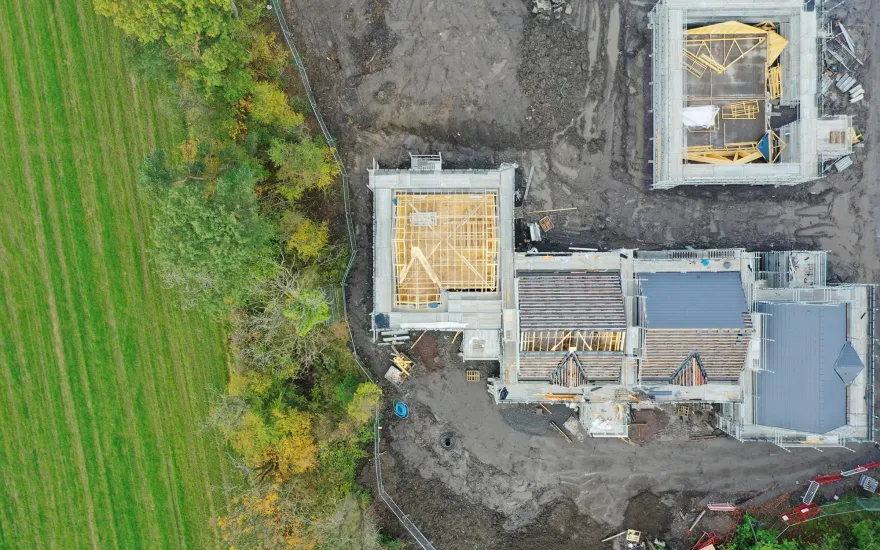Now live: The 2025 Canopy Report. Learn how Americans see trees. GET THE REPORT
Bulletin
On-the-Job Training Opportunities
Opportunity knocks and career paths open when young people are given insights, skills, and knowledge through internships or other on-the-job training.

The potential is great for communities and organizations to create internship programs and recruit tree care workers and urban foresters for the future.
The benefits of reducing unemployment, training for the future, and getting important work accomplished at a reasonable cost makes this a topic worth considering.
“Oh, wow, this is what I want to do!” That is what Ernest Cisneros thought when he was given an internship to work with the city forester in Moscow, Idaho’s Parks and Recreation Department. At the time, Ernest was a college student and not sure of his future. “It was a turning point,” he now says. During that summer, Ernest learned to prune trees, file tree-related information for future reference, update the street tree inventory, work safely with tools, and to do many of the other tasks associated with urban forestry in a small community. Today, Ernest is a certified arborist and works for the city parks and recreation department much of the year and for a tree care company the rest of the time. His only regret is that he wishes he had known about arboriculture sooner in life.
Ernest’s experience can be multiplied hundreds of times across the length of our country. Internships are introducing young people to careers in urban forestry and the green industries. These are jobs that they probably did not hear about in school.
The many available training programs change lives. Funding is often a challenge, and sponsorships as well as requirements or program structures change frequently. But the need is consistent and so are the benefits. Every issue of Tree Care Industry magazine carries an abundance of classified ads offering jobs working with trees. Many are jobs that ‘start at the bottom,’ but others reflect the kind of opportunities for advancement that come with experience. For anyone willing to work hard, work outdoors and learn new skills, the broad fields of arboriculture and urban forestry can lead the way to economic security and a career that rewards its professionals with a sense of serving society and making our earth a better place.
In This Bulletin
Here’s what’s inside:
- Two Model Entry-Level Programs – examples of successful training programs
- Internships – options for gaining experience
- A Checklist for Success – tips for creating an internship program
